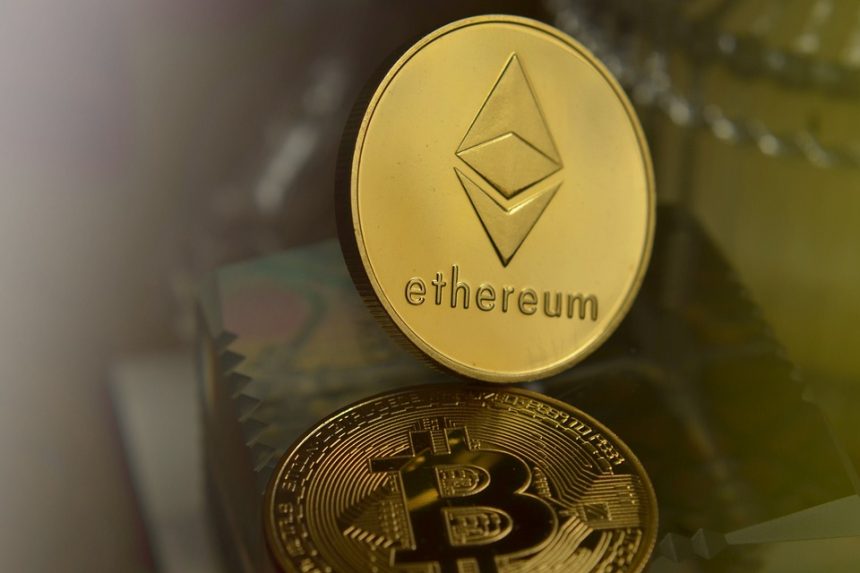The rise of decentralized finance (DeFi) has transformed the financial landscape, enabling individuals to engage in a wide range of financial activities without the need for traditional intermediaries. At the heart of many DeFi protocols lies the concept of governance, a system through which stakeholders participate in decision-making processes that shape the protocol’s development, features, and overall direction. As DeFi continues to gain momentum, community voting has emerged as a pivotal mechanism that not only empowers users but also defines the future of finance.
Understanding DeFi Governance
DeFi governance refers to the frameworks and processes through which decisions are made in decentralized finance protocols. Unlike traditional financial systems where decisions are often made by centralized entities, DeFi embraces a democratic approach. Most DeFi projects utilize governance tokens, which are digital assets that grant holders the right to propose, debate, and vote on protocol changes. This decentralized approach promotes transparency and fosters a sense of ownership among participants, effectively creating a digital republic where users shape the future of the protocols they engage with.
The Role of Community Voting
Community voting is the mechanism through which stakeholders exercise their influence on the protocol. Governance tokens are typically distributed among the community, and holders can use them to vote on various issues, including:
-
Product Development: Community members have the power to propose and vote on upgrades, new features, and enhancements to the protocol’s existing frameworks. This ensures that the development process aligns with the needs and desires of its users.
-
Protocol Parameters: Many DeFi protocols allow governance token holders to vote on important protocol parameters, such as interest rates, fees, or liquidity incentives. This ensures that the economic dynamics of the platform can be adjusted based on community consensus.
-
Funding Decisions: Some DeFi protocols establish treasury funds that are used for marketing, development, or other initiatives that require funding. Community voting plays a critical role in determining how these funds are allocated, ensuring that resources are directed toward initiatives that benefit the community as a whole.
- Tokenomics Adjustments: Governance token holders can vote on changes to the tokenomics of the project, such as supply changes, staking rewards, or incentives for liquidity providers. These decisions can significantly impact the value and utility of the tokens within the ecosystem.
Advantages of Community Voting
Enhanced Engagement
Community voting fosters a sense of belonging and involvement among users. By allowing stakeholders to voice their opinions and vote on important decisions, DeFi protocols create a more engaged community, which can lead to increased loyalty and participation.
Decentralization and Transparency
A decentralized governance structure reduces the risk of manipulation and conflicts of interest, typical in traditional financial systems. With community voting, the process is transparent, allowing all members to understand how decisions are made and to hold each other accountable.
Responsiveness to Change
The DeFi landscape is marked by rapid innovation and changes in user needs. Community voting allows protocols to adapt quickly to external factors, whether it’s regulatory pressures, technological advancements, or shifting market dynamics. This agility is crucial for maintaining relevance in a competitive environment.
Challenges in DeFi Governance
While community voting offers numerous advantages, it is not without challenges. One major concern is voter participation; often, a small percentage of governance token holders engage in voting, leading to decisions that may not represent the views of the broader community. Additionally, governance can be vulnerable to external influence, where large holders of governance tokens (often referred to as "whales") can sway outcomes in their favor.
Moreover, the design of governance mechanisms must balance complexity and accessibility. If voting processes are too convoluted, they can alienate less technically savvy users, undermining the democratic nature of governance.
The Future of DeFi Governance
As DeFi continues to evolve, governance will play an increasingly critical role in shaping its trajectory. Future innovations may include:
-
Quadratic Voting: This approach allows voters to express the strength of their preferences, rather than just choosing a single option. It can mitigate the influence of large token holders and foster more representative outcomes.
-
Layered Governance Models: Some protocols are experimenting with multi-layer governance structures, where different tiers of governance exist for various aspects of the protocol, allowing for more tailored decision-making processes.
- On-chain Governance: The rise of more sophisticated on-chain governance solutions that automate the proposal and voting processes can further enhance transparency and participation.
Conclusion
Governance in DeFi protocols represents a pioneering shift toward democratized finance, where the community’s voice holds significant weight in guiding the future of financial technologies. Through community voting, stakeholders not only influence the direction of their chosen protocols but also cultivate a culture of collaboration and innovation. As the DeFi ecosystem continues to grow, the evolution of governance mechanisms will be pivotal in ensuring that these decentralized systems remain effective, inclusive, and resilient to the challenges ahead. In a world increasingly defined by digital interactions, empowered communities will carve the path forward in reshaping the landscape of finance.





